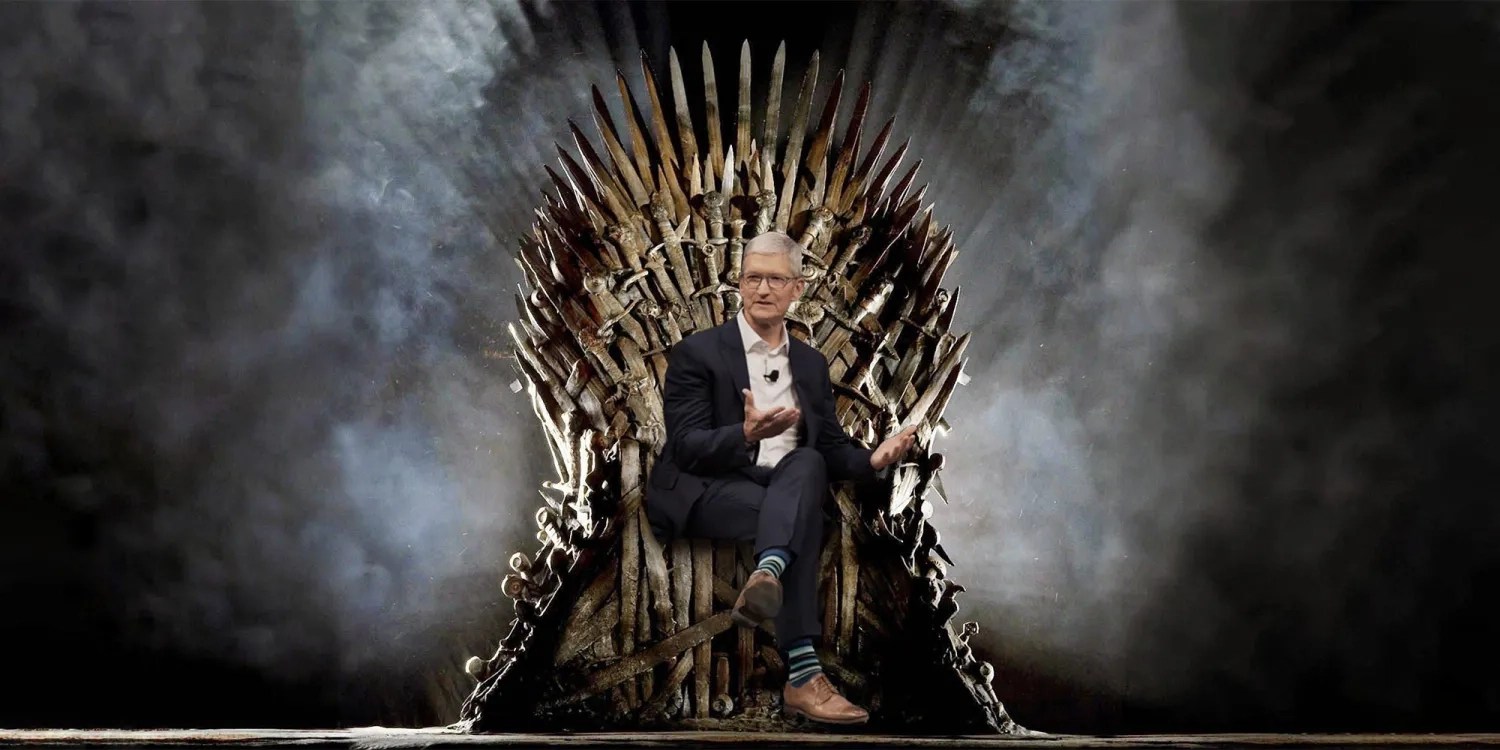
Once upon a time on Wall Street, Apple stock took a nosedive worth tens of billions of dollars for the company’s valuation. A few years later, Apple is fast approaching a $3 trillion valuation that it only briefly flirted with before.
Nevertheless, a class-action lawsuit blaming Apple CEO Tim Cook for defrauding investors refuses to go away.
The lawsuit is over a statement Cook made during a quarterly earnings call at the end of 2018.
Cook named a number of markets where iPhone sales were being affected by various economic factors but declined to include China as an area for concern. At the start of 2019, Apple revised its quarterly sales forecast downward to reflect new realities that were hurting demand in the region.
In 2020, a lawsuit claiming Cook intentionally defrauded investors who lost money during the downturn got the green light to move forward. Apple responded by challenging the lawsuit’s validity, but the court has maintained its position that the lawsuit is legitimate.
U.S. District Judge Yvonne Gonzalez Rogers’ decision late Monday night clears the way for shareholders led by a British pension fund to sue over a one-day plunge that wiped out $74 billion of Apple’s market value.
The lawsuit stemmed from Cook’s comment on a Nov. 1, 2018, analyst call that while Apple faced sales pressure in markets such as Brazil, India, Russia and Turkey, where currencies had weakened, “I would not put China in that category.”
Meanwhile, Tim Cook is still somehow allowed to lead Apple, adding unprecedented shareholder value along the way. With no end in sight for Apple’s stock growth, it’s up to the courts to protect shareholders from this out-of-control chief executive officer.
FTC: We use income earning auto affiliate links. More.





Comments